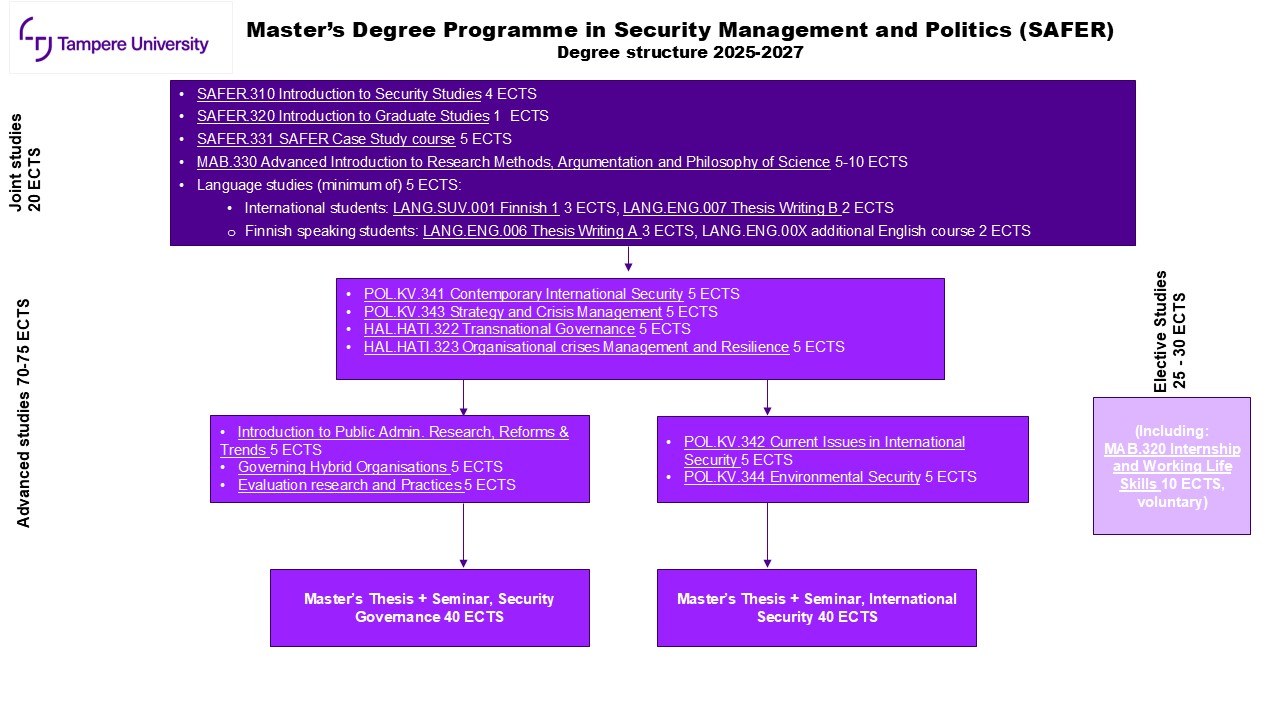The foundation of both national and international security is undergoing significant transformation, regionally in Europe and globally. Challenges such as climate change, the use and potential proliferation of weapons of mass destruction, the strengthening of antibiotic resistance, pandemics, and the management of existential risks related to artificial intelligence increasingly require experts with a broad understanding of international security and its governance, which is characterized by cross-boundary complexity.
At the same time, the distinction between societal/internal security and international security is becoming increasingly blurred, especially in the context of hybrid threats and creeping crises. Traditional concerns related to the use of military force and the threat of coercion through military action have also intensified, both globally and in Europe. To understand these issues deeply and address the associated challenges, we need more experts who can integrate knowledge from public administration and international security research. Finland and Sweden joining NATO provides a concrete example of the growing demand for international expertise and competence, even at the national level.
The combination of Security Governance and International Security creates a coherent yet broad programme with a multidisciplinary focus on Security Studies. Depending on their major, future SAFER students will graduate either with a Master’s Degree in Administrative Sciences (Security Governance track) or with a Master’s Degree in Social Sciences (International Security track). Each major has its own admission and degree requirements.
The renewed programme also includes joint studies that combine insights from international security studies and security governance. In addition to discipline-based courses, practical, work-life-relevant content and case study skills will be emphasized throughout the studies.
The next application period will start in 15 December 2025 at 08:00 AM UTC+2 and end in 5 January 2026 at 03:00 PM UTC+2. Studies begin in late August 2026.

How to apply
- International Security, Security Management and Politics, Master of Social Sciences (2 yrs), autumn 2025 – Studyinfo (opintopolku.fi)
- Security Governance, Security Management and Politics , Master of Administrative Sciences (2 yrs), autumn 2025 – Studyinfo (opintopolku.fi)
Research
Teaching in SAFER is based on state-of-the-art multidisciplinary research that is organized around Research Center for Security, Risk, and Resilience (TASERR).
Contact
SAFER
Faculty of Management and Business
33014 Tampere University
Email: mab.tau@tuni.fi
Phone: +358 294 5211 (switchboard)
Visiting address:
City Center Campus: Pinni A building

